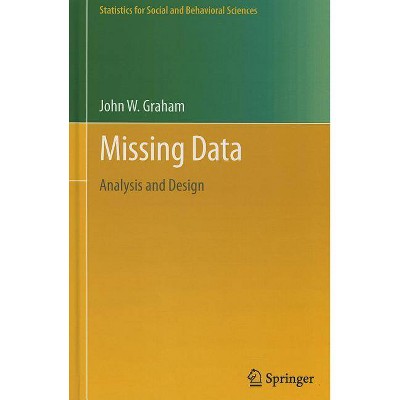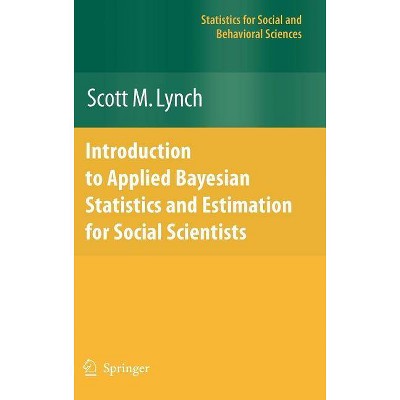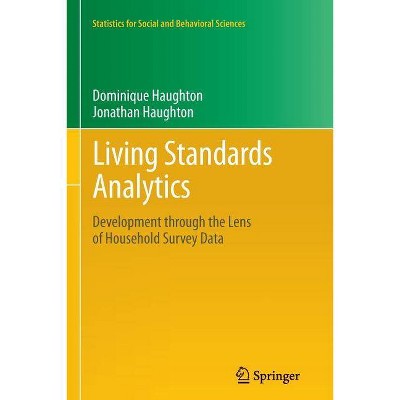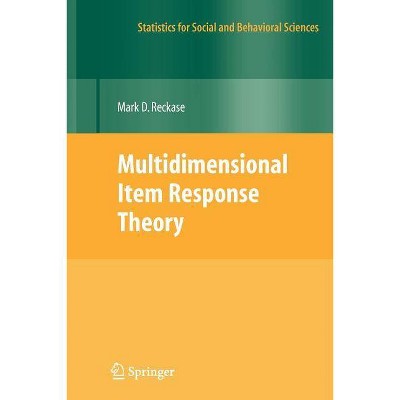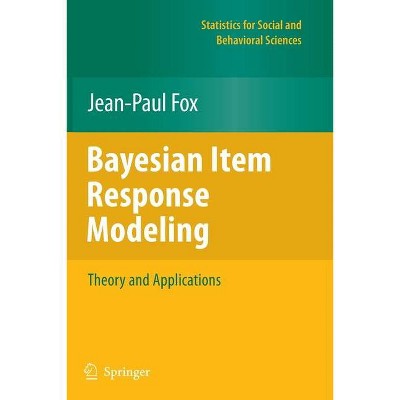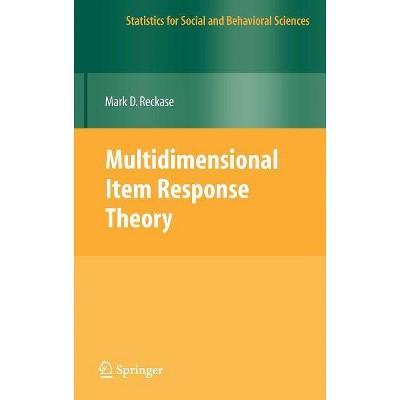Optimization of Behavioral, Biobehavioral, and Biomedical Interventions - (Statistics for Social and Behavioral Sciences) by Linda M Collins
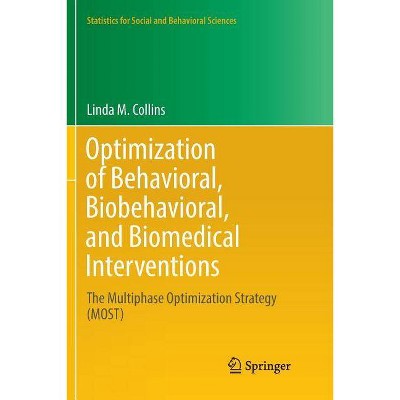
Similar Products
Products of same category from the store
AllProduct info
<p/><br></br><p><b> Book Synopsis </b></p></br></br><p>This book presents a framework for development, optimization, and evaluation of behavioral, biobehavioral, and biomedical interventions. Behavioral, biobehavioral, and biomedical interventions are programs with the objective of improving and maintaining human health and well-being, broadly defined, in individuals, families, schools, organizations, or communities. These interventions may be aimed at, for example, preventing or treating disease, promoting physical and mental health, preventing violence, or improving academic achievement. </p><p>This volume introduces the multiphase optimization strategy (MOST), pioneered at The Methodology Center at the Pennsylvania State University, as an alternative to the classical approach of relying solely on the randomized controlled trial (RCT). MOST borrows heavily from perspectives taken and approaches used in engineering, and also integrates concepts from statistics and behavioral science, including the RCT. As described in detail in this book, MOST consists of three phases: preparation, in which the conceptual model underlying the intervention is articulated; optimization, in which experimentation is used to gather the information necessary to identify the optimized intervention; and evaluation, in which the optimized intervention is evaluated in a standard RCT. Through numerous examples, the book demonstrates that MOST can be used to develop interventions that are more effective, efficient, economical, and scalable.<br/></p><p><i>Optimization of Behavioral, Biobehavioral, and Biomedical Interventions: The Multiphase Optimization Strategy</i> is the first book to present a comprehensive introduction to MOST. It will be an essential resource for behavioral, biobehavioral, and biomedical scientists; statisticians, biostatisticians, and analysts working in epidemiology and public health; and graduate-level courses in development and evaluation of interventions.<br/></p><p></p><p></p><p/><br></br><p><b> From the Back Cover </b></p></br></br><p>This book presents a framework for development, optimization, and evaluation of behavioral, biobehavioral, and biomedical interventions. Behavioral, biobehavioral, and biomedical interventions are programs with the objective of improving and maintaining human health and well-being, broadly defined, in individuals, families, schools, organizations, or communities. These interventions may be aimed at, for example, preventing or treating disease, promoting physical and mental health, preventing violence, or improving academic achievement. </p><p>This volume introduces the Multiphase Optimization Strategy (MOST), pioneered at The Methodology Center at the Pennsylvania State University, as an alternative to the classical approach of relying solely on the randomized controlled trial (RCT). MOST borrows heavily from perspectives taken and approaches used in engineering, and also integrates concepts from statistics and behavioral science, including the RCT. As described in detail in this book, MOST consists of three phases: preparation, in which the conceptual model underlying the intervention is articulated; optimization, in which experimentation is used to gather the information necessary to identify the optimized intervention; and evaluation, in which the optimized intervention is evaluated in a standard RCT. Through numerous examples, the book demonstrates that MOST can be used to develop interventions that are more effective, efficient, economical, and scalable.<br/></p><p><i>Optimization of Behavioral, Biobehavioral, and Biomedical Interventions: The Multiphase Optimization Strategy</i> is the first book to present a comprehensive introduction to MOST. It will be an essential resource for behavioral, biobehavioral, and biomedical scientists; statisticians, biostatisticians, and analysts working in epidemiology and public health; and graduate-level courses in development and evaluation of interventions.</p><p/><br></br><p><b> About the Author </b></p></br></br>Linda M. Collins is Distinguished Professor of Human Development and Family Studies, Professor of Statistics, and the director of The Methodology Center at the Pennsylvania State University. She is interested in most aspects of research methods. Her current work focuses on experimental and non-experimental design, particularly for building, optimizing, and evaluating behavioral, biobehavioral, and biomedical interventions. Professor Collins also has a long-standing interest in models for longitudinal data, particularly latent transition analysis, and other latent class models.
Price History
Price Archive shows prices from various stores, lets you see history and find the cheapest. There is no actual sale on the website. For all support, inquiry and suggestion messages communication@pricearchive.us

